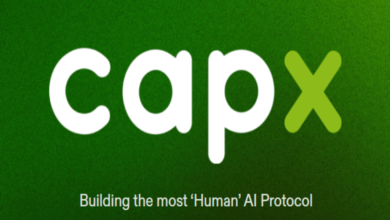
The Bank of Spain partners with Cecabank, Abanca, and Adhara for a CBDC pilot focusing on interbank payments and tokenized bonds.
The Bank of Spain, known as Banco de España, has selected its partners for the testing of a central bank digital currency (CBDC). This selection comes a year after the bank made an open call for collaboration in this initiative. The chosen partners are Cecabank, Abanca, and Adhara Blockchain. Cecabank and Abanca are Spanish financial institutions, while Adhara Blockchain is headquartered in the United Kingdom.
The pilot project for the wholesale CBDC is set to take place over the next six months. It will involve simulating the processing and settlement of interbank payments using a tokenized wholesale CBDC. Additionally, the pilot will experiment with exchanging various wholesale CBDCs issued by different central banks. This part of the experiment aims to explore the dynamics of a potentially global digital currency system.
In collaboration with the Cecabank-Abanca consortium, the wholesale CBDC will be used to settle a simulated tokenized bond. This aspect of the project is significant as it looks beyond basic financial transactions, probing how CBDCs could transform other financial instruments like bonds.

The Spanish CBDC program is distinctive because it operates independently of the broader digital euro project that encompasses all economies in the Eurozone. This independent stance reflects Spain’s ambition to chart its own course in the digital currency space, while still aligning with broader European Union initiatives. Despite these advancements, public reception in Spain towards the digital euro has been lukewarm. A survey indicated that a majority of Spaniards are not interested in using the pan-European CBDC as a supplement to their regular payment methods.
This selection of partners and the initiation of the pilot project mark crucial steps in Spain’s exploration of the future of finance and digital currencies. However, aligning these technological advancements with public acceptance remains a challenge that requires concerted efforts from all stakeholders involved.







 Bitcoin
Bitcoin  Ethereum
Ethereum  XRP
XRP  Solana
Solana  Dogecoin
Dogecoin  Cardano
Cardano  Avalanche
Avalanche  TRON
TRON  Shiba Inu
Shiba Inu  Chainlink
Chainlink  Aptos
Aptos  Arbitrum
Arbitrum  Injective
Injective  Polygon
Polygon